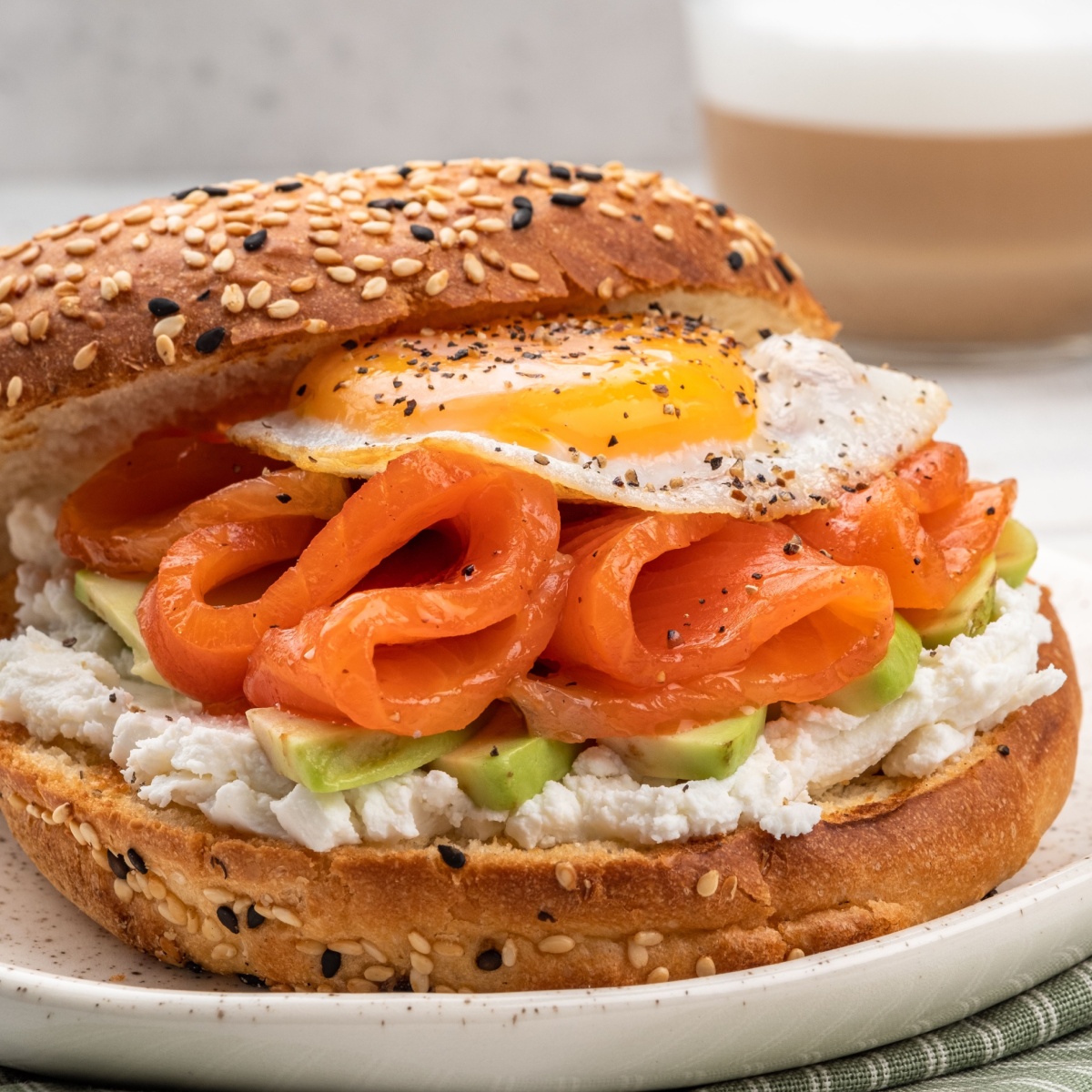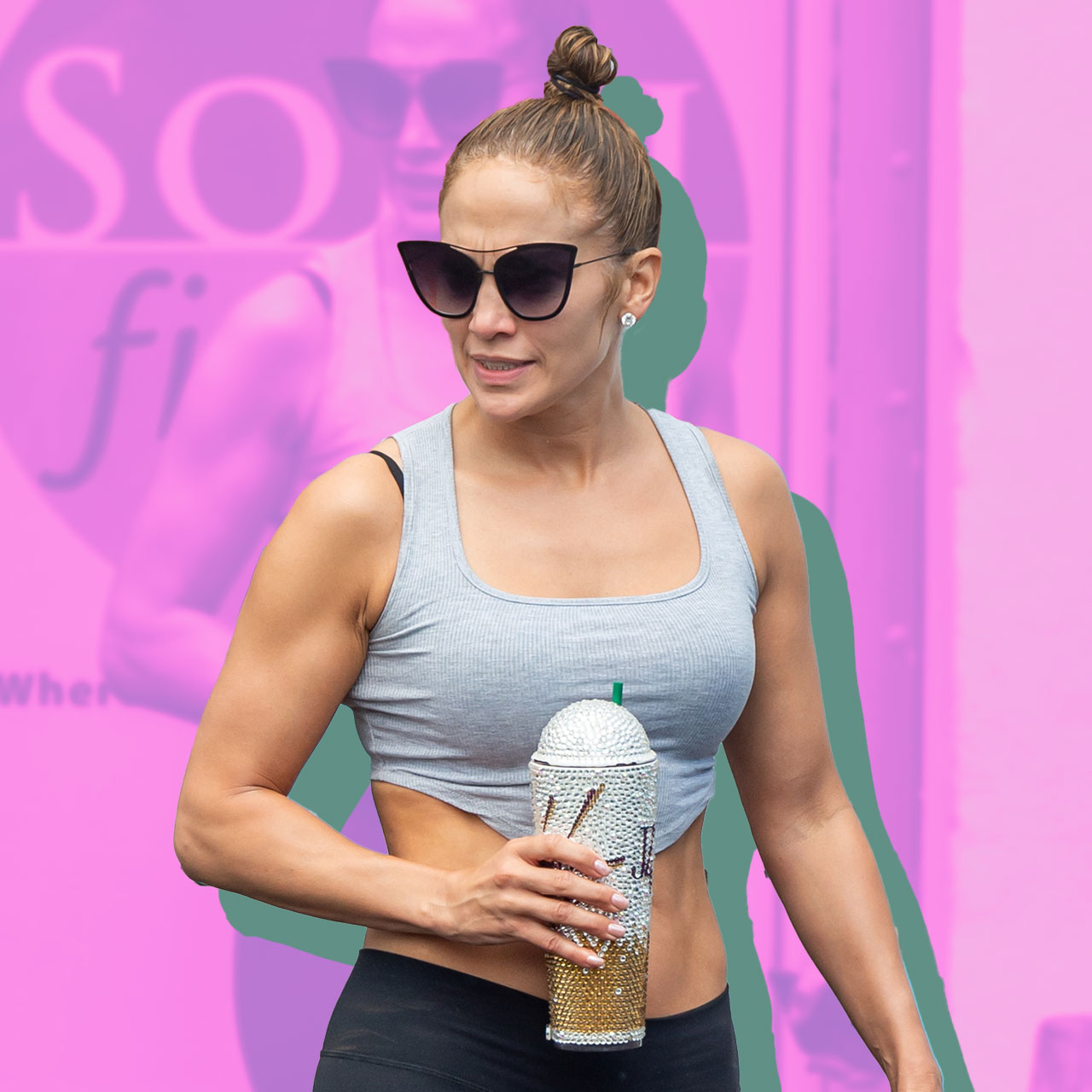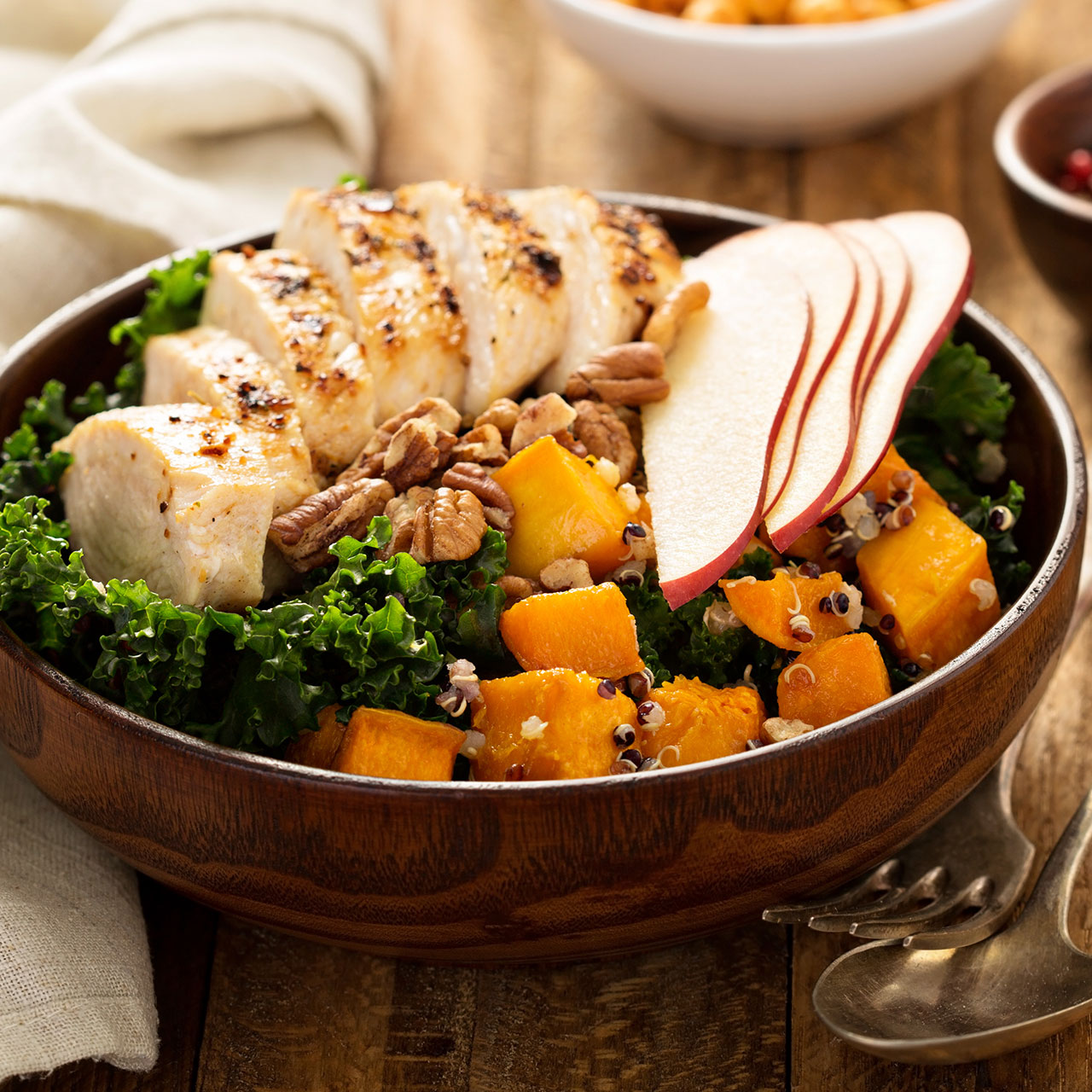Whether your favorite is oat, almond, coconut, hemp, or soy, non-dairy milks are ubiquitous and becoming all the more accessible at coffee shops, grocery stores and elsewhere. With many switching to plant-based or vegan diets, we checked in with health experts to learn more about potential benefits (and even some drawbacks) of non-dairy milks when it comes to weight loss. Read on for tips and suggestions from Trista Best, MPH, RD, LD, registered dietitian, Lisa Richards, registered nutritionist, Keith-Thomas Ayoob, EdD, RD, FAND, health and nutrition expert, and Heather Hanks, MS CAM, nutritionist and medical advisor.

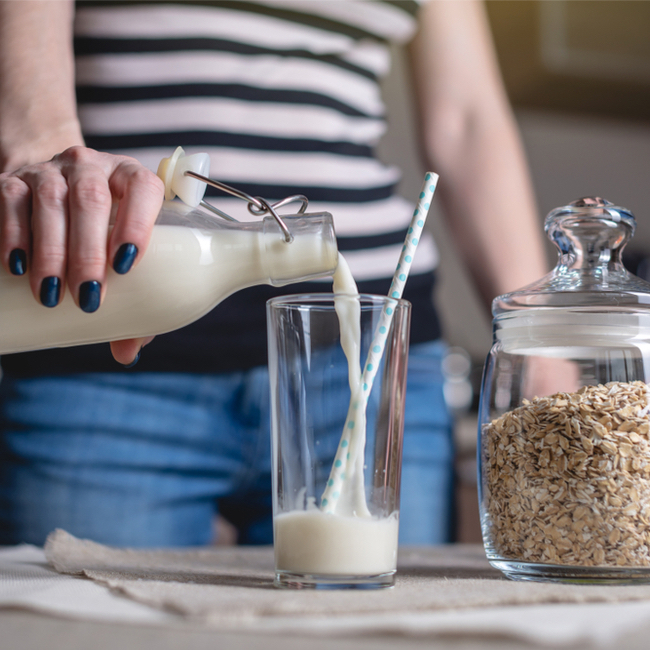
Benefits of Vegan Milks For Weight Loss:
To answer the commonly asked question from vegans and those who may want to incorporate more plant-based nutrition into their diet, yes, non-dairy milks can aid your weight loss journey, Best explains, especially when paired with other sources of protein. “When you drink oat milk regularly, for example, especially if you are replacing cow's milk with this alternative, you'll see improvements in many areas of health,” she says. “The consumer will likely experience reduced mucus production, improved immune health, and lower rates of inflammation and gastrointestinal distress,” she adds, which can help your digestion and potential for healthy weight loss much smoother.
For many of us, a glass of milk in the morning “was a common childhood habit,” Richards acknowledges, as it might have “provided us with vitamin D, fat for brain development, and calcium for strong bones and growth.” As we grow older and this habit continues, she notes, “it could be contributing to your weight loss plateau or weight gain.” While cow’s milk has some great nutritional benefits, she stresses that “it can be quite high in calories, which can add over 150 calories in just one beverage.”
When choosing an ideal vegan milk for weight loss, the “lowest calorie level is unsweetened almond milk, at about 40 calories per cup,” Ayoob says, but there is a “nutrition issue there, and with all non-dairy milks,” as many might not find enough protein or vitamin D when drinking this alone. This, these experts add, is why vegan milks work best when paired with other nutritious, vitamin-rich and mineral-providing foods like ample fruits, vegetables and hydrating with enough water if a vegan diet interests you.
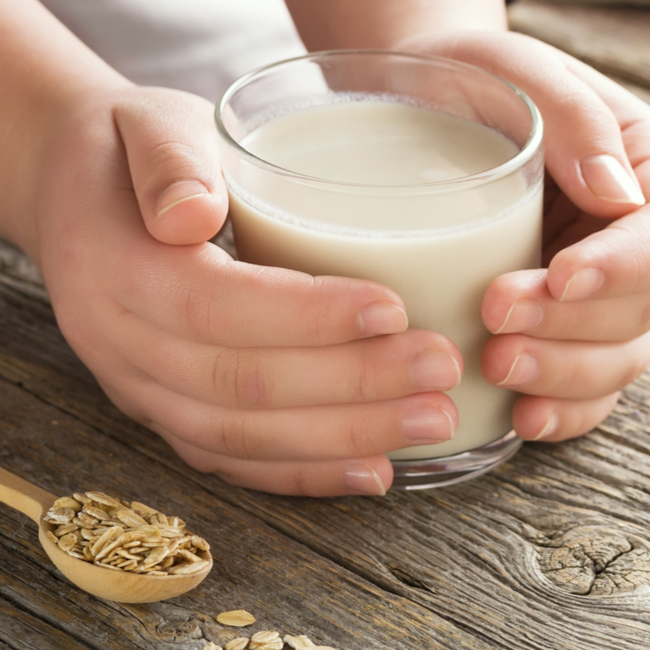
Potential Drawbacks:
When it comes to potential downsides to drinks like oat milk, Best says, this one vegan milk might be “higher in calories than other milk alternatives.” Because of its carbohydrate density, she adds, “a serving of oat milk is roughly 130 calories for one cup.” Ayoob agrees, and adds that this is why when thinking about possible “weight gain from non-dairy milk, knowing the calorie level is key.”
One of the highest calorie non-dairy milks is rice milk, he says, “at about 120 calories per cup, even if it's unsweetened.” That's about the same as 2% cow's milk but there's a huge other difference: nutrition. “Rice milk has no protein, and none of the 9 essential nutrients that cow's milk has, except for the calcium and vitamin D that is often added (rice has neither of these nutrients naturally),” he continues.
This, he stresses, is why thinking you can gain as much protein or certain vitamins with non-dairy milks as you can with cow’s milk is dangerous. While you can have a beneficial diet entirely without dairy, this is only possible with a regulated, specific and customized diet.
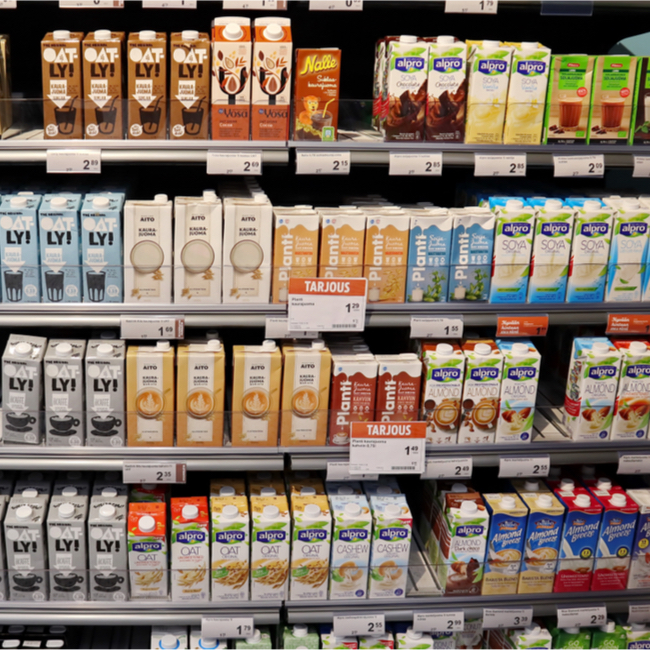
One thing to watch out for when buying non-dairy milk, Hanks recommends is “additives that contribute to sugar and calories.” Some vegan milks will contain added sugars to enhance the flavor while others even contain added oils. Since this is in liquid form, she says, “it's easy to consume a lot of a beverage that is high in calories from sugar and unwanted fats.” No matter what type of vegan milk you're buying, she adds, “make sure it contains very few ingredients with no added sugars, food dyes, or oils.”
For example, if you're buying coconut or almond milk, then it should be “unsweetened and contain no other ingredients,” she stresses. “Many health stores will sell almond milk that contains almonds only, and this would be ideal. Some brands may contain “vitamins, stabilizers, and other ingredients like maltodextrin to extend shelf life,” she notes, and these are “not ideal,” so it’s imperative to “consider buying non-dairy milk that contains as few ingredients as possible.”
Ultimately, as these experts would agree, non-dairy milks have the potential to aid your weight loss journey if you also gain ample protein and other essential vitamins and minerals in your diet. Some kinds may be better than others when it comes to carbohydrates, sugar levels, and other aspects. This is why visiting a doctor is especially helpful and important to craft a weight loss plan that works for you and your health goals (including weight loss).



